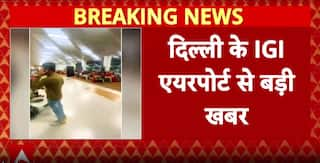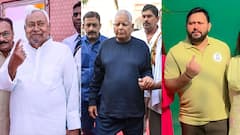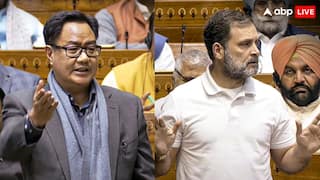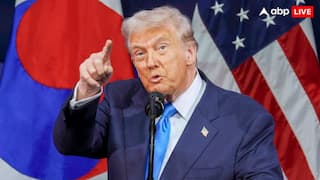Obituary: Manmohan Singh, Non-Politician Finance Minister To Accidental Prime Minister
Former Prime Minister Manmohan Singh breathed his last at AIIMS in New Delhi. He was 92. He was the fourth longest serving PM after Jawaharlal Nehru, Indira Gandhi, and Narendra Modi.

New Delhi: Dr. Manmohan Singh, the fourteenth Prime Minister of India who led the Congress-led UPA government for two terms, died on Thursday after a brief illness. He was 92. Singh was admitted to AIIMS, New Delhi, late Thursday evening after his health deteriorated.
AIIMS said he was brought to the emergency at 8:06 pm, adding: "Despite all efforts, he could not be revived and was declared dead at 9:51 PM."
Singh is survived by his wife Gursharan Kaur, and their three daughters.
Celebrated as a scholar, Manmohan Singh was admired for his humble demeanor, and known for his academic and methodical approach to work. He was the third longest serving prime minister after Jawaharlal Nehru and Indira Gandhi, until Narendra Modi broke his record earlier this year.
Partition Brought Manmohan Singh To India
Born on September 26, 1932, in Gah village in the Punjab province of what is now Pakistan, Singh migrated to India after Partition and completed his Matriculation in 1948. It is said that he had to repeat his Class 10 in India because the Peshawar school he went to never announced the results after Partition.
A brilliant student, Singh went to Panjab University, which was then in Hoshiarpur, for higher studies and got his Bachelor's and Master's degrees in economics from there in 1952 and 1954, respectively.
Singh’s academic career grew as he flew to the United Kingdom to study in the University of Cambridge where he earned a First Class Honours degree in Economics in 1957.
Singh did a D. Phil in Economics after that from Nuffield College at Oxford University in 1962.
He returned to India and worked as a faculty at his alma mater Panjab University, now in Chandigarh, and also at the Delhi School of Economics.
After a short tenure at the UNCTAD Secretariat, Singh was appointed Secretary General of the South Commission in Geneva, a role he held from 1987 to 1990.
Singh got married to Gursharan Kaur in 1958.
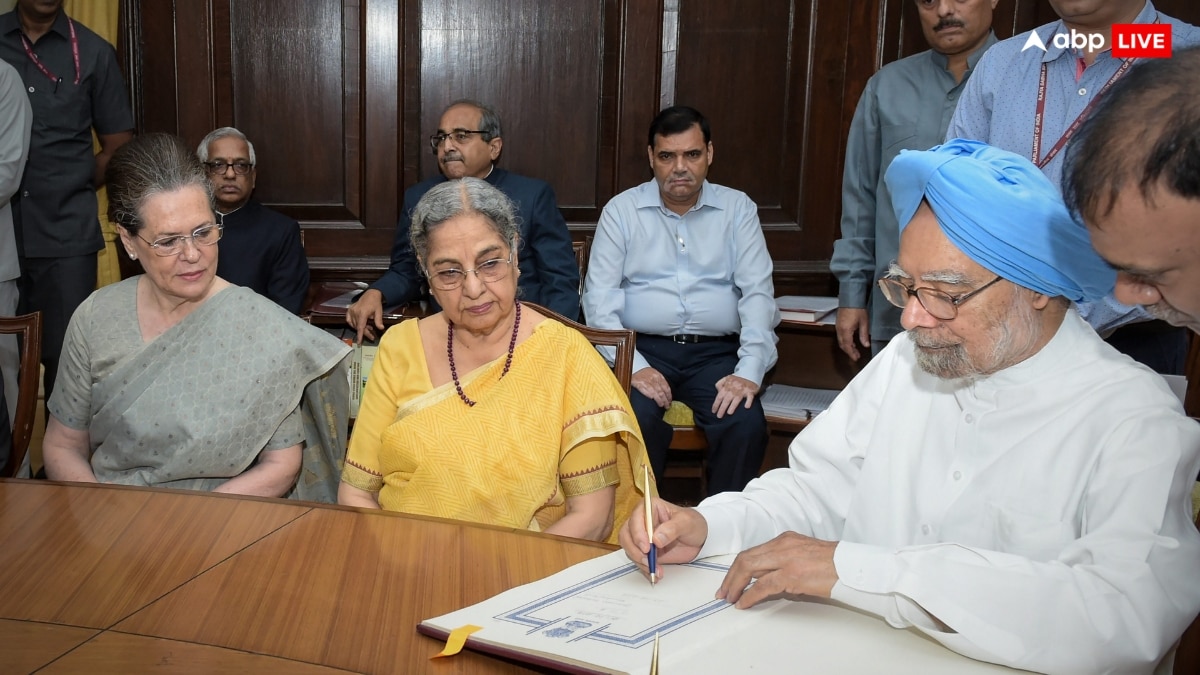
Manmohan Singh's Career In Government And Politics
In 1971, Singh began his career with the Government of India by taking on the role of Economic Advisor in the Ministry of Commerce. The very next year, he became the Chief Economic Advisor in the Ministry of Finance.
He subsequently held numerous key positions in the government — Secretary in the Ministry of Finance; Deputy Chairman of the Planning Commission; Governor of the Reserve Bank of India; Advisor to the Prime Minister; and Chairman of the University Grants Commission.
The economist joined politics in 1991 when the then Prime Minister Narasimha Rao selected him for the post of India’s finance minister to usher in economic reforms.
It was a time when the country was almost on the verge of an economic collapse. Singh is credited with bringing in many reforms, by devaluing the rupee, lowering taxes, encouraging foreign investment and privatising state-run industries.
During his five years as the FM, from 1991 to 1996, Singh was successful in bringing a comprehensive policy of economic reforms that is now recognised worldwide as it helped transform India’s economy and spark a boom.
Singh first entered Parliament as a Rajya Sabha member from Assam in 1991. After the Congress lost power, he was made the Leader of the Opposition in 1998 and he remained so until 2004.
In the 1999 elections, he had contested for the Lok Sabha but lost, as did his party, the Congress.
The Grand Old Party made a memorable comeback in 2004. After initial speculation over who the Congress would choose as the PM, with Sonia Gandhi’s name also doing the rounds, it was Manmohan Singh who was sworn in as the Prime Minister of India on May 22. He became the first non-Hindu, and the only one so far, to occupy the post.
Singh returned to power in 2009 and became the PM for a second term.
He had been a recipient of Padma Vibhushan, India’s second highest civilian honour, which was conferred on him in 1987. During his public career spanning a few decades, he received many other awards and honours.
The economist was also a recipient of honorary degrees from the universities of Cambridge and Oxford, among others.
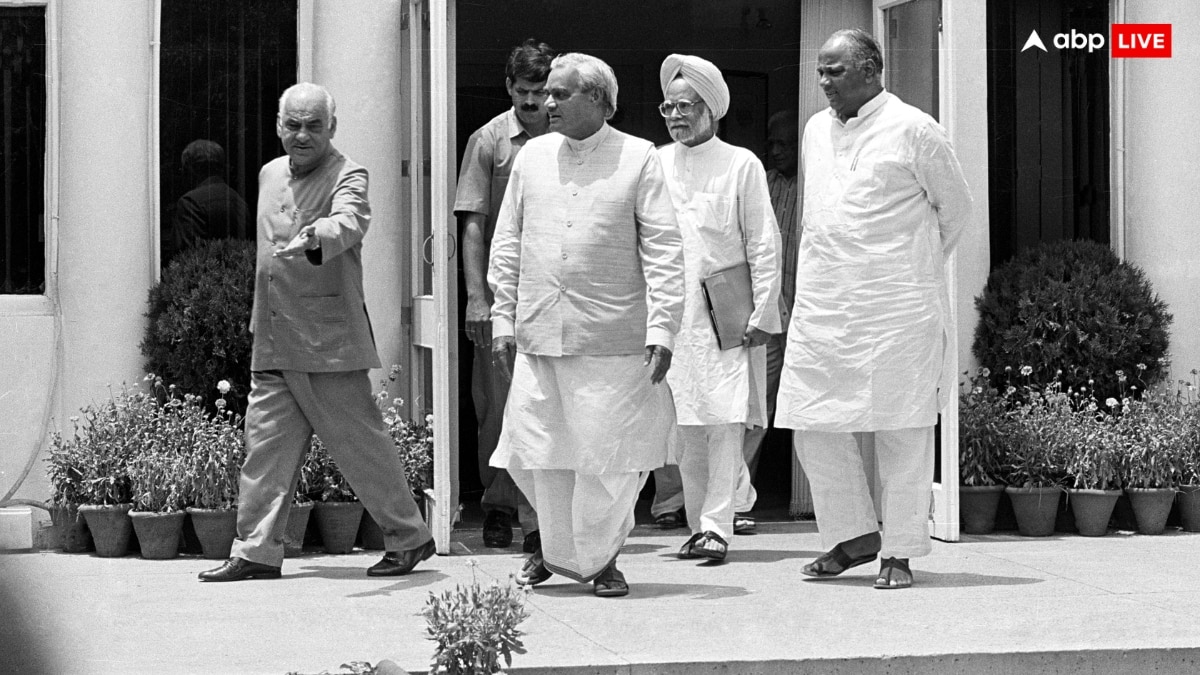
Manmohan Singh As PM
Singh’s reign saw India’s economy rapidly expanding, but inflation was rising too, riding on the skyrocketing fuel costs.
In 2005, Singh entered into negotiations with then US President George W. Bush for a nuclear cooperation pact to meet the energy demands. According to the deal, India was to receive fuel technology for nuclear plants, and get the ability to buy nuclear fuel on the world market.
It, however, invited resistance and flak for him both within the country and outside.
While the agreement was resisted abroad by those who did not like India’s refusal to sign the Treaty on the Non-proliferation of Nuclear Weapons, Singh’s critics back home believed the US would use the deal to leverage power in the government.
Things came to such a head by 2008 that UPA ally Communist parties and some others pushed for a trust vote in Parliament.
Singh’s government, however, survived the vote, and also managed to return to power in 2009 with more numbers in the Lok Sabha.
His second term, however, remained mired in controversies over a slowing economy and the allegations of corruption against Congress leaders.
While Singh always enjoyed a clean image, he could not manage to keep his party and government untainted.
“Dr Singh’s general attitude towards corruption in public life, which he adopted through his career in government, seemed to me to be that he would himself maintain the highest standards of probity in public life, but would not impose this on others. In other words, he was himself incorruptible, and also ensured that no one in his immediate family ever did anything wrong, but he did not feel answerable for the misdemeanours of his colleagues and subordinates,” Sanjaya Baru, who was Singh’s media adviser and PMO chief spokesperson from May 2004 to August 2008, wrote in his book, ‘The Accidental Prime Minister: The Making and Unmaking of Manmohan Singh’.
He added: “...this meant that he turned a blind eye to the misdeeds of his ministers. He expected the Congress party leadership to deal with the black sheep in his government, just as he expected the allies to deal with their black sheep. While his conscience was always clear with respect to his own conduct, he believed everyone had to deal with their own conscience.”
In early 2014, before the general elections, Singh announced that he would not seek a third term as PM. The party lost badly as the BJP came to power riding on a massive wave for Narendra Modi.













